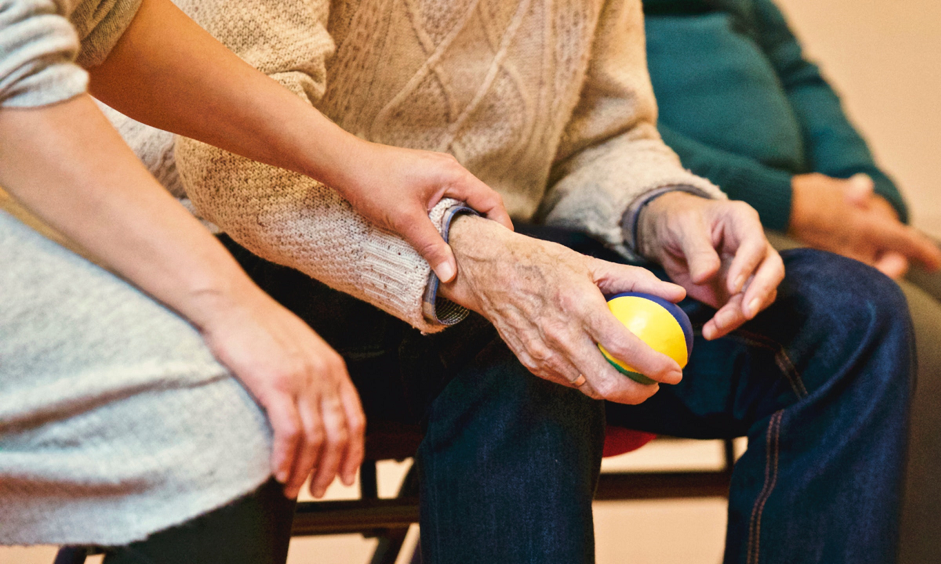Facts and misconceptions about acne
For most people, acne is a nuisance that always seems to show up at the most inconvenient of times. For others, it may be a serious affliction with long-lasting effects. Dr. Vicky Zhen Ren, a dermatologist and assistant professor at Baylor College of Medicine, spells out some facts about acne, clearing up some common misconceptions.
 Adult acne at-a-glance
Adult acne at-a-glance
Adults encounter many different factors in their daily lives that may cause acne. While things out of our control, such as genetics or hormonal changes, can cause breakouts, diet and other lifestyle choices also have an impact. Makeup, head gear and other objects that occlude pores and cause excessive oil buildup can lead to unsightly acne, Ren said. On the diet side, studies have shown that excessive consumption of high glycemic foods, low-fat dairy and whey may also cause acne breakouts.
What is on my skin?
Some of the most common forms of acne include pimples, blackheads and whiteheads. While these blemishes go by different names, they all are non-medical terms used to describe acne. Pimples are the raised inflammatory erythematous papules of acne while whiteheads and blackheads represent the comedones of mild acne. The difference between these two is that blackheads are exposed to air, causing dark coloration. Another common form of acne are deep cystic nodules, or cystic acne. These are the most severe lesions seen with acne, likely to lead to scarring.
After the breakout
Over time, acne leads to scarring and dyspigmentation of the skin. “I find that patients are most commonly bothered by the dark spots of post-inflammatory hyperpigmentation (PIH) and often mistakenly refer to them as scars,” says Ren. “PIH may improve with time and sun protection but may not resolve completely. Topical cosmetic agents, like hydroquinone, may help but in some cases pigmentation does not return to normal.” For true scarring, Ren advises that consultation with a cosmetic dermatologist may be the best option.
Acne away!
Many over-the-counter treatments, such as Differin gel and benzoyl peroxide, have proven to be effective in preventing, treating and reducing acne in more than just the face. “We often use the same medications for acne or folliculitis on the scalp, trunk and buttocks,” said Ren. In addition to topical treatments, dermatologists may also recommend oral acne meds for treatment.
In some cases, extreme acne treatments may be prescribed for patients who are not responsive to readily available regimens. “Some of the determining factors for escalating treatment include severe, nodulocystic acne, scarring acne, treatment with oral antibiotics for three months or intolerance to tetracycline antibiotics,” said Ren.
Acne can be a chronic condition that brings discomfort to many aspects of life. Ren advises adults with acne to first consider products with retinoids or benzoyl peroxide as active ingredients, which can be found at their local pharmacies. If those do not work and the acne continues to worsen, a trip to the dermatologist may be worthwhile.
Learn more about Baylor Medicine dermatology services.
-By Aaron Nieto



